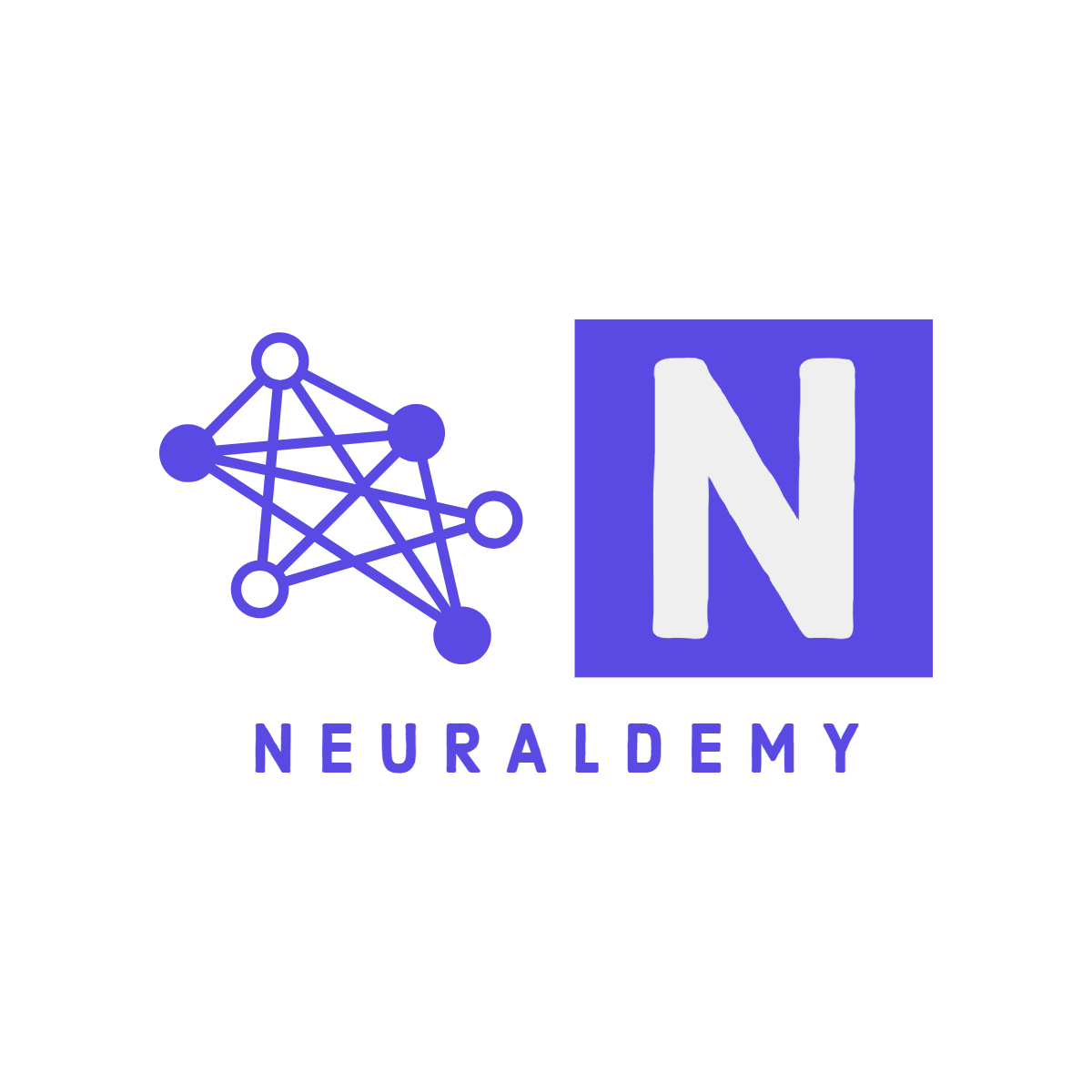Get Started In Machine Learning
Hello there! This page is designed to be your comprehensive resource to get started in machine learning. Here, you’ll find a curated list of topics and skills essential for mastering the field. We will be adding new topics progressively as we complete them.
To make your learning experience more flexible, many of the skills and project-related topics are available for free. Core topics on our website are marked as premium, priced reasonably to give you the option to choose specific subjects of interest without committing to a large membership fee. For those eager to explore multiple areas, consider our bundle options for greater savings.
Each topic has been meticulously researched and developed, with an investment of 40 to 100 hours per tutorial to ensure comprehensive coverage. You will gain a solid understanding of basic concepts and their real-world applications. Additionally, paying members have the opportunity to seek clarification on any doubts they may have.
Many learners face the challenge of finding a single, comprehensive resource for machine learning. It often means juggling between different books and resources to piece together the knowledge needed for even basic concepts. That’s exactly why this platform “Neuraldemy” was created. It aims to provide everything you need to learn machine learning from start to finish, covering all the key topics in a structured way.
We’re constantly working on adding new content, so while not everything may be available just yet, we’re committed to expanding our offerings as quickly as possible. Our goal is to make learning machine learning as straightforward and complete as it can be, solving the problem of fragmented resources and helping you get the knowledge you need in one place.
Let’s get started!
How To Enroll In This Course
It may take you anywhere between 6 to 12 months to finish the content of this website and learn everything. To enroll in this course, follow these simple steps:
Create an Account
Sign up on our website to become a free member and to access free tutorials
Choose a Plan
Select a plan based on your needs and preferences to get access to all premium course materials and features.
Navigate Through Tutorials
Explore the tutorials below in a sequential manner and ask doubts in forums
Finish Tutorials for Certification
Complete the tutorials to earn your certification.
Essential Skills for Machine Learning
To effectively tackle data science and machine learning challenges, having a solid foundation in certain skills is crucial. Here are the key skills you need to Learn:
Mathematical Concepts
Many people will tell you that you don’t need to know mathematics to get started in machine learning or data science, but that’s not the case. While working with problems, you might not need to know every detail, but if you want to solve and understand a problem in the best way possible, you must know the mathematical concepts behind these algorithms. However, mathematical concepts and real applications are different; the problems you face in learning theory differ entirely from what you face in practice. Without understanding the theory behind these black boxes, you may encounter many challenges. That’s why we have created all the posts in a manner that allows you to grasp both the mathematical and practical concepts simultaneously. No matter what you do, understanding mathematical concepts is crucial to knowing which algorithm to use, when to use it, and on what kind of problems. Your perspective will change after you learn the fundamentals behind algorithms. We have created detailed notes on topics that are essential before starting with machine learning. You can purchase these notes and ask questions in community forums. These topics are important to know.
Classical Machine Learning Topics
Explore the foundational algorithms that were widely used before the advent of neural networks. This section provides a comprehensive overview of each algorithm, progressing towards deep learning. It is crucial to study these algorithms sequentially and thoroughly to achieve the best results. As new topics are added, they will be included here. Additionally, practicing problems related to each model is recommended before moving on to the next.
Deep Learning & Modern Machine Learning
Dive into the cutting-edge techniques of deep learning that have revolutionized machine learning. This section covers modern algorithms and frameworks that are at the forefront of AI development. Each topic builds on the foundational knowledge from classical machine learning, providing a pathway to understanding and implementing advanced models. Ensure you are familiar with each concept and practice implementing these models to grasp their applications fully.
Hands-On Projects
Engage in hands-on projects to solidify your understanding of machine learning and data science concepts. These projects will help you apply what you’ve learned in a practical context, enhancing your problem-solving skills and preparing you for real-world challenges. Each project is designed to be comprehensive and provides a valuable learning experience. Dive in and start building your portfolio with these practical exercises!
Stay Tuned!
We’re constantly working on new and exciting projects. Join us to get the latest updates and stay informed about our upcoming releases!
Start Learning